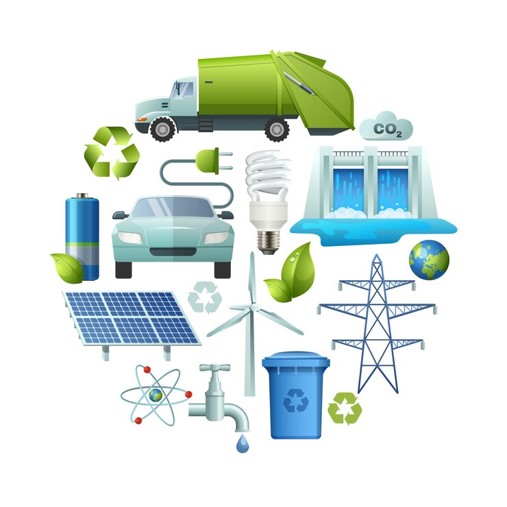Project Duration: 2025
Other Partners

Project Description
When powered by renewable energy sources, a CO2 electrolyser can be used to produce green e-fuels through the direct electrochemical CO2 reduction reaction (eCO2RR) at the cathode. This process is typically paired with the oxygen evolution reaction (OER) at the anode, especially when the electrolyser is supplied with water. The OER is the same anodic reaction occurring in water electrolysis, where hydrogen is produced at the cathode. However, the OER generally requires commercial anode electrodes made from precious metals to overcome its sluggish kinetics. The goal of this dissertation is to develop and characterize sustainable, precious metal-free anodes that promote the OER for use in electrochemical devices. These new electrodes will be prepared and tested in conventional electrochemical batch cells in-house, with the most promising solutions being further evaluated in a water electrolyser device at CEFT (Transport Phenomena Research Center).
Main Outcomes
Proof-of-concept for an alternative precious metals-free OER electrode to be integrated into more sustainable electrolysers.


